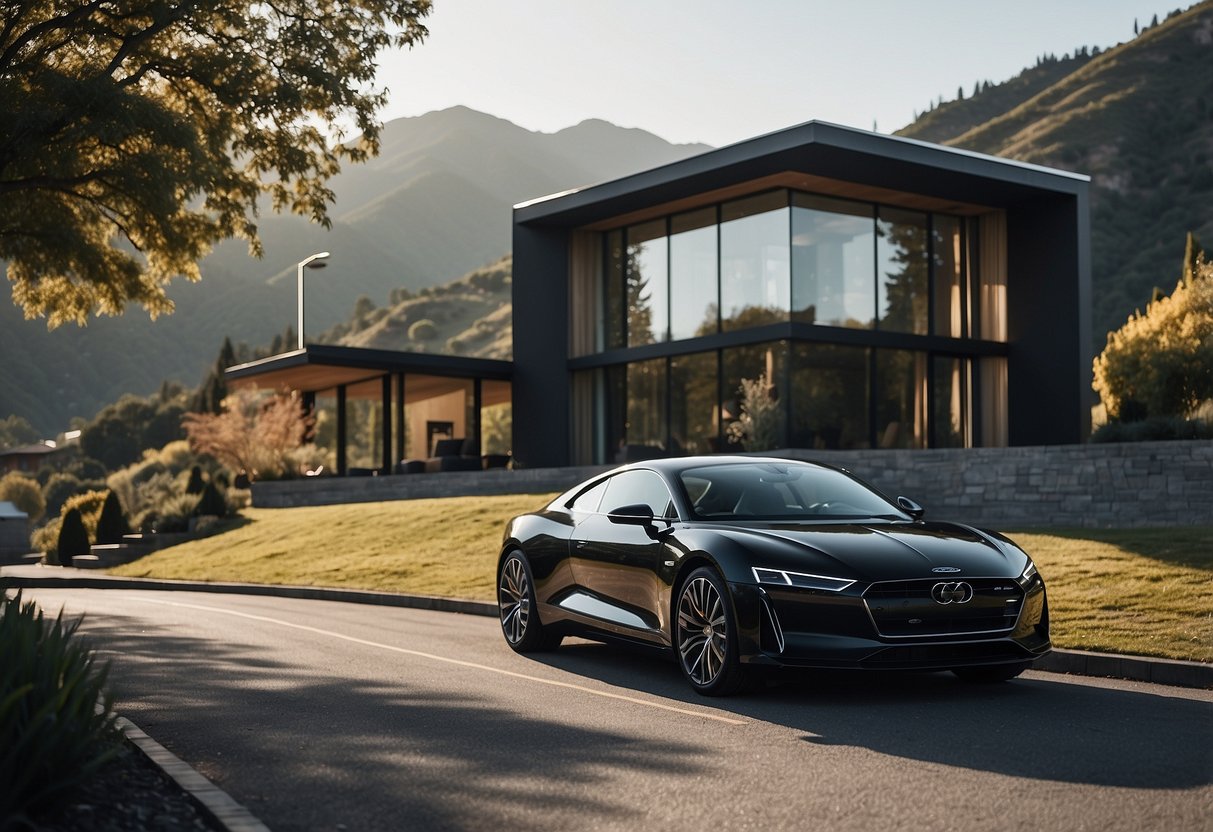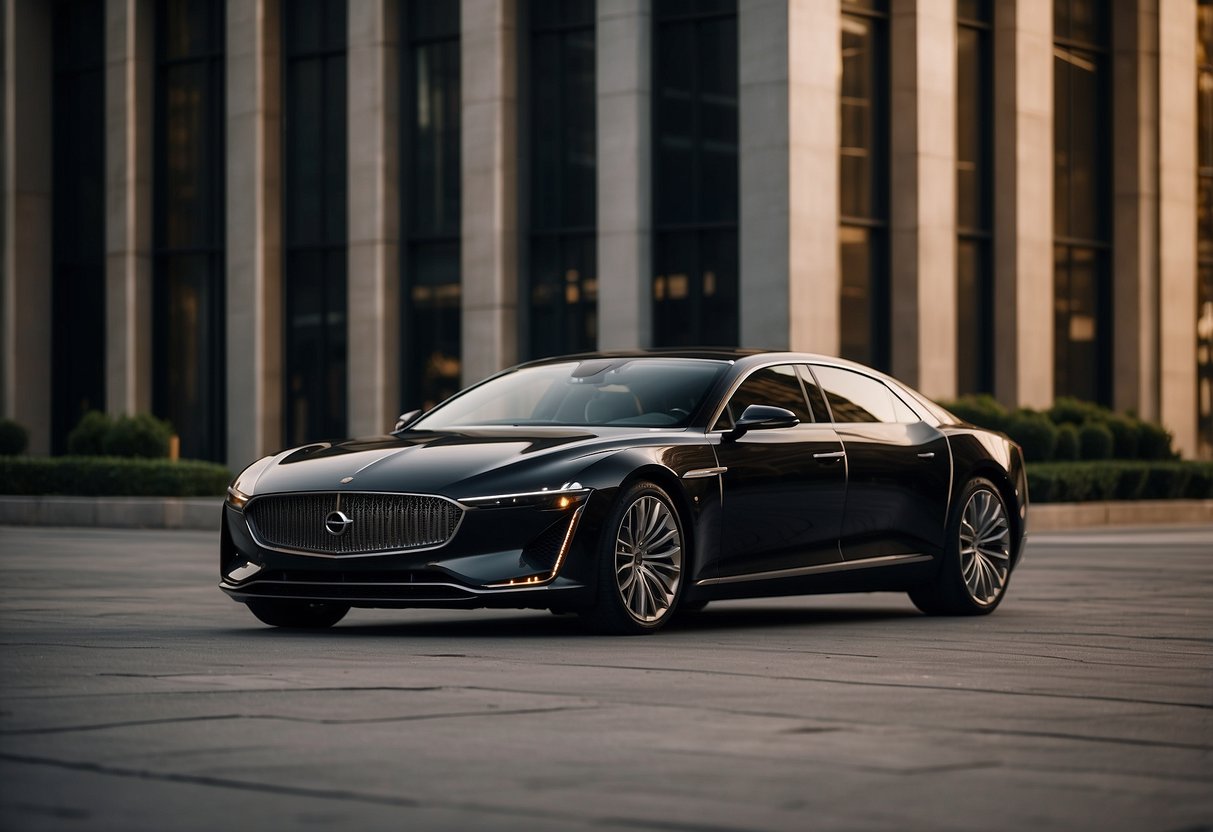
Setting a Realistic Budget

Establishing a realistic budget is crucial when looking to purchase a luxury car. This section will help you understand key financial considerations, spanning from the total cost of ownership to financing and leasing options.
Total Cost of Ownership
When setting a budget for a luxury car, it’s essential to account for the total cost of ownership. This includes not just the purchase price but also ongoing expenses such as insurance, maintenance, and fuel costs. Luxury cars often require premium fuel and have higher maintenance costs due to specialized parts and services.
Depreciation is another significant factor. Luxury cars tend to lose value quickly in the first few years, impacting resale value. It’s wise to compare different models and brands to determine how well they retain value. Additionally, taxes and registration fees vary depending on the car’s price and location, so be sure to factor these in.
Financing and Leasing Options
Financing and leasing options provide flexibility in how you manage the cost of a luxury car. When financing a vehicle, consider the interest rates, loan terms, and monthly payments. Luxury cars often qualify for special financing deals through the manufacturer or dealership.
Leasing is an alternative that allows you to drive a high-end car with lower monthly payments compared to a purchase loan. Lease terms typically last 2-4 years, and at the end, you can either return the vehicle or buy it for the remaining value. Leasing often includes maintenance in the agreement, potentially reducing unexpected expenses.
Both financing and leasing come with their pros and cons, so carefully evaluate which option aligns best with your financial situation and long-term goals.
Exploring Brands and Models
Choosing a luxury car requires understanding the performance, design, and reputation of various brands. A clear look at these factors can guide your decision-making process.
Researching Car Brands
When exploring luxury car options, research extensively. Brands like BMW, Audi, and Mercedes offer various models each with unique features. Bentley and Rolls-Royce focus on opulence, providing an unmatched luxury experience. Lamborghini and Ferrari deliver high-performance vehicles known for their speed and aesthetic appeal. Lexus offers reliability combined with luxury, while Jaguar blends British elegance with modern technology. Understand each brand’s key characteristics to make an informed choice.
Performance and Design
Performance and design play crucial roles in selecting a luxury car. Brands such as Porsche and Ferrari are celebrated for their high-performance engines and aerodynamic designs. Mercedes and BMW offer a blend of performance and comfort, ideal for those seeking a smooth ride without sacrificing power. Consider the car’s handling, acceleration, and overall driving experience. Design elements, from sleek exteriors to plush interiors, should align with personal tastes and lifestyle needs. Bentley and Rolls-Royce offer bespoke options, allowing for personalized interior and exterior designs, making each car unique.
Brand Reputation and Heritage
Brand reputation and heritage add significant value to luxury vehicles. Brands like Mercedes and BMW have established legacies of innovation and quality. Rolls-Royce and Bentley are synonymous with British aristocracy and craftsmanship. Ferrari and Lamborghini evoke images of speed and luxury, appealing to car enthusiasts. Lexus is known for its reliability and advanced technology. Understanding a brand’s history and market perception can enhance appreciation and ensure long-term satisfaction. Investing in a renowned brand often assures quality, prestige, and a unique driving experience.
Analyzing Performance and Handling
When selecting a luxury car, it is crucial to consider both performance and handling. Key factors such as engine power and handling characteristics influence the driving experience significantly.
Engine and Power
A luxury car’s engine plays a pivotal role in its performance. It determines how the car accelerates and handles different driving conditions. Most high-end luxury cars feature powerful engines, ranging from V6 to V12 configurations, delivering robust horsepower and torque. This enables quick acceleration, enhancing the car’s agility and responsiveness.
All-wheel drive systems are common in luxury cars, providing improved traction and stability. These systems contribute significantly to better handling, especially on slippery or uneven surfaces. Fuel efficiency also varies with engine types, and newer models often integrate hybrid or electric powertrains for a balanced blend of power and efficiency.
Handling Characteristics
Handling refers to how well a car responds to the driver’s input and maintains stability during various driving maneuvers. Characteristics like steering precision, suspension quality, and weight distribution are critical. Luxury cars often feature advanced suspension systems, ensuring a smooth ride even over rough terrains.
Steering systems in luxury vehicles are typically fine-tuned for precise control, enhancing the driving experience. Many cars come with adaptive suspension systems that adjust based on driving conditions, providing a balanced mix of comfort and performance. The integration of advanced driver assistance systems also plays a role in improving handling, making driving safer and more enjoyable.



